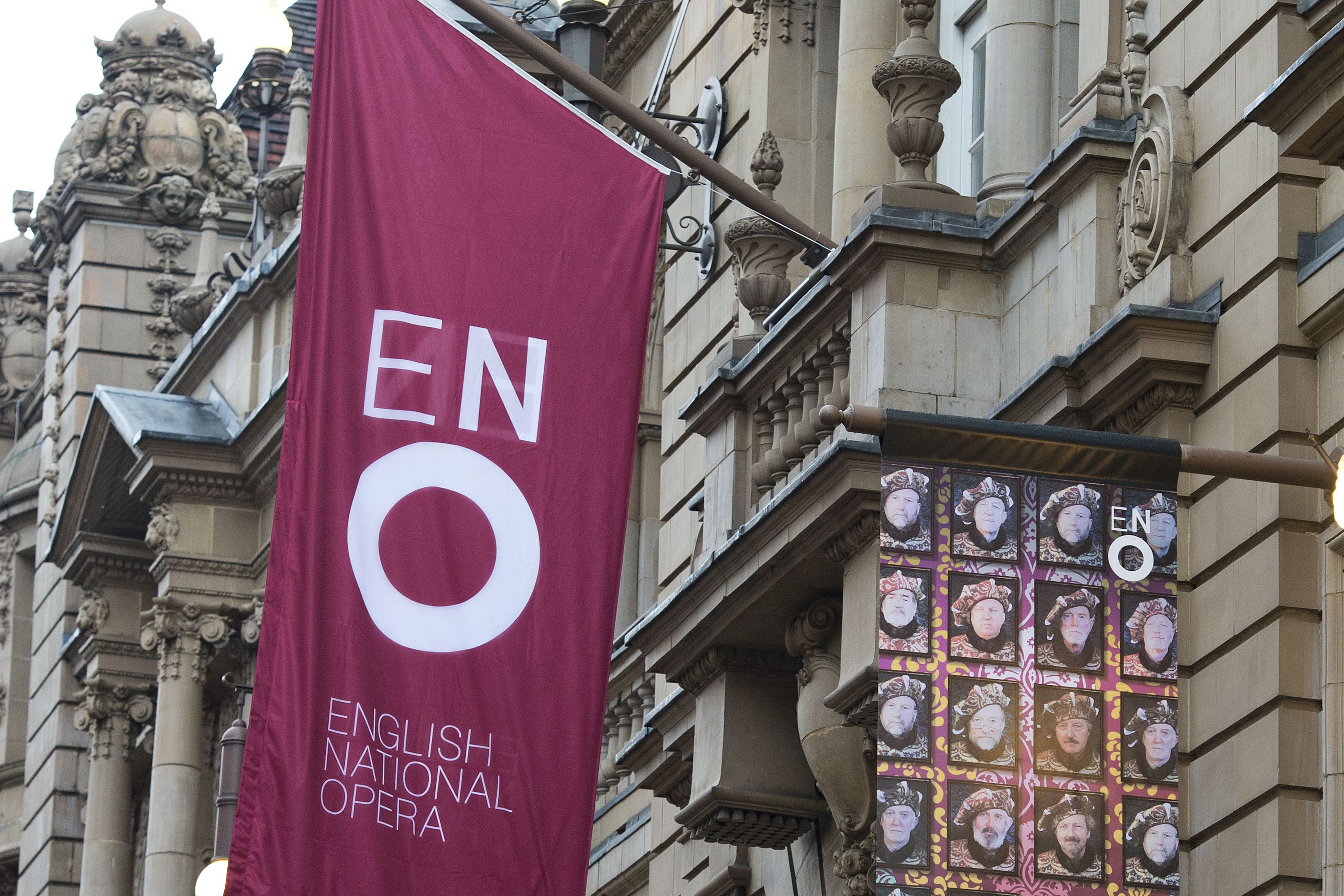English National Opera announces relocation to Greater Manchester
A new business model will see the ENO’s main base relocated to Greater Manchester by 2029.

The English National Opera (ENO) has chosen Greater Manchester as its new main base, it has been announced.
In November 2022, Arts Council England (ACE) offered the company £17 million over three years to relocate outside London after it was announced that ENO had been pulled from its grant portfolio.
Initially, they were set to move by 2026 but in July ACE said that it had adjusted funding plans to allow ENO until 2029 for a move out of London.
At the time it was also confirmed that ENO would receive £24 million from ACE between 2024 and 2026 to establish a new main base and deliver a “substantial opera season every year” in London.
Andy Burnham, mayor of Greater Manchester, said those at the combined authority were “immensely proud” that ENO has chosen the region as a new home.
He said: “The ENO is one of the most exciting cultural institutions in the country, and we’re immensely proud to be able to bring them to a new home here in Greater Manchester.
“We’ve worked closely with them to set out a shared vision for a future in our city region, where they can continue making groundbreaking opera, foster new collaborations with artists across the North, and bring their award-winning learning and wellbeing programmes to communities here.
“Greater Manchester’s world-renowned history of radical art, activism and affecting change, and the cultural renaissance taking place across our towns and cities, makes it the ideal home for the ENO.
“We can’t wait to welcome them and see where this new partnership takes us.”
Today’s announcement marks an important and defining moment for our remarkable company
Jenny Mollica, interim chief executive officer for the English National Opera, added: “ENO is delighted to confirm the start of our new partnership with Greater Manchester from today.
“As we continue to transition through significant change, today’s announcement marks an important and defining moment for our remarkable company.
“This future direction will see us continue to expand our role as a national institution – supporting our mission to create work with and for even more audiences across the country, alongside our annual season at the London Coliseum.
“Throughout our discussions with partners and stakeholders in Greater Manchester, we have been struck by an emerging vision for the future of ENO and operatic work in the city region, defined by a shared ambition to open up new possibilities for opera in people’s lives.”
Darren Henley, chief executive of Arts Council England, said: “This announcement is the culmination of months of hard work by the ENO. ENO’s new base is good news for the people of Greater Manchester.
“It means excellent opera performances for new audiences and new ways for young people here to experience and participate in opera. It will also bring new opportunities for creative and technical professionals in Greater Manchester to partner with a world-class organisation making innovative work.”
The announcement follows a period of controversy at the ENO, after a proposal to axe 19 orchestral positions and employ its remaining musicians on part-time contracts sparked a backlash from the Musicians’ Union and prompted the resignation of music director Martyn Brabbins, who had been in the position since 2016.
In November, following the proposed cuts, Equity’s Singers Committee and Opera Deputies Committee said the proposals would be “disastrous” for chorus members and would cause a “ripple” affect across the UK opera workforce.
The ENO had previously said that the reduction in funding from ACE had caused them to “re-evaluate our employment levels”.
It said: “Whilst the ENO remains grateful for the Arts Council’s revised support and financial investment, and remains committed to creating opera for more people nationally, as for other artistic organisations, this represents a reduction in income against a backdrop of inflation, rising fixed costs and a requirement to develop work across more locations.”
Bookmark popover
Removed from bookmarks